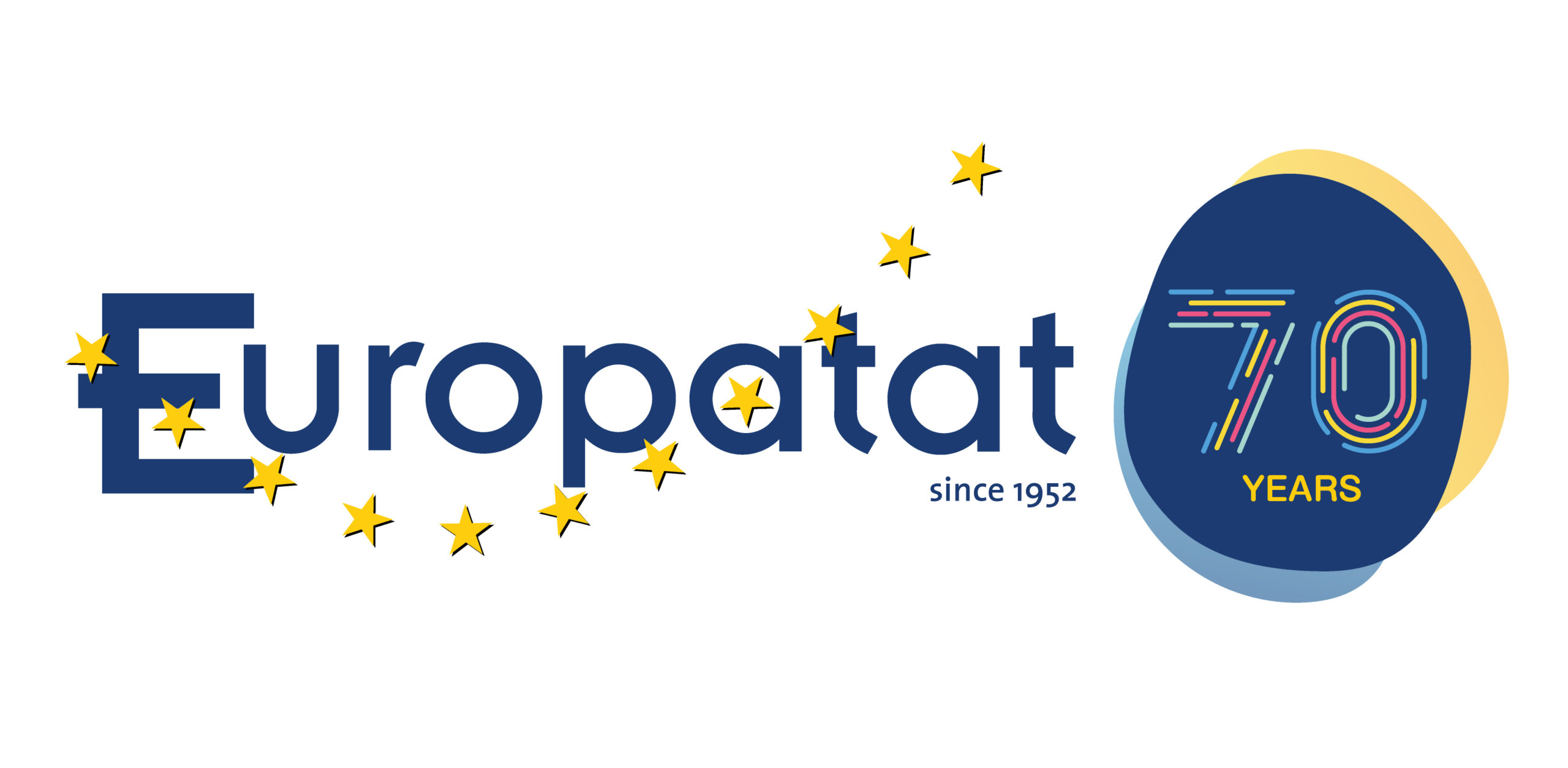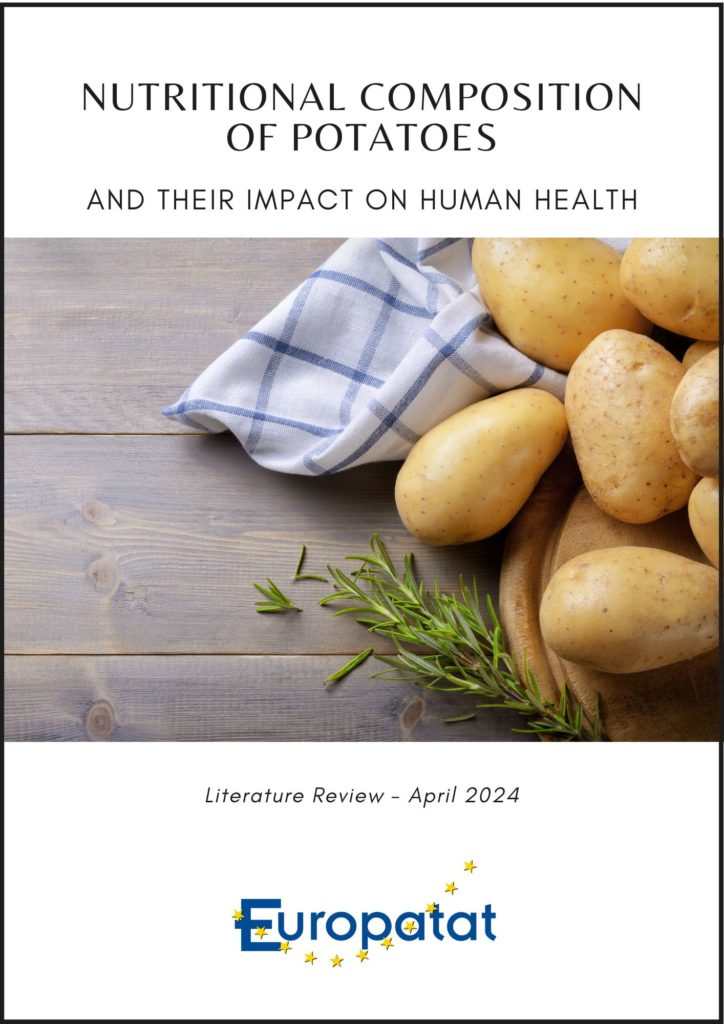Topics
ActivitiesPotatoes and nutrition
Fresh potatoes remain Europe’s favourite staple foods and are deeply anchored in the food habits of the European Union. However, potatoes nowadays face a long-term decrease in their consumption as they are seen as a traditional food and their nutrition contribution is very often overlooked. But the the reality is that potatoes are more than just a delicious and versatile side dish!
What makes potatoes special is that they combine the characteristics of starchy foods with those of vegetables. Potatoes are an exceptional source of low-calorie energy with a wide range of health benefits, as they combine several health-promoting vitamins and nutrients:

- Potatoes are a key source of vitamin C and also contain high levels of phenolic acids, carotenoids, chlorogenic acid and vitamins B6 and E – antioxidants which slow the aging process and prevent inflammation, chronic disease, cardiovascular disease, and cancer.
- Potatoes contain no fat or gluten, and their potassium levels exceed even those found in foods typically associated with the essential mineral.
- Potatoes are an excellent source of carbohydrates, and have a lower caloric density than other common side dishes such as rice, pasta, or bread. This is due to their fibre, resistant starch, high water content and special dry matter composition.
The exact composition of substances in a potato is mainly determined by the genotype of its variety. However, it is influenced not only by environmental conditions, i.e., soil conditions, nutrient availability, altitude, and weather conditions, but also by storage conditions, cooking methods, and final processing of the product. There are considerable nutritional differences between potato dishes depending on how they are cooked, and this may have an impact on how potatoes as a food are perceived by consumers.
Sources of information
To stop misinformation about potatoes and nutrition, Ing. Zuzana Havlickova has produced a literature review of published studies on the nutritional composition of potatoes and their impact on human health. The goal is to help Europatat members improve the perception of potatoes in their countries.
The review is divided in two parts: whilst part one focuses on the nutritional composition of potatoes, the second part reviews the benefits and risks of potato consumption.
Download the literature review here!
Other trustful and recommended sources of information about potatoes and nutrition are:
-
- European campaign “Potatoes, prepare to be surprised – Europe’s favourite since 1536“
- FAO: Nutritional values of the raw potato
- European Food Information Council (EUFIC): The Nutritional Value of Potatoes
- Comité National Interprofessionnel de la Pomme de Terre (CNIPT): La pomme de terre, un trésor nutritionnel
- Alliance for Potato Research & Education (APRE)


